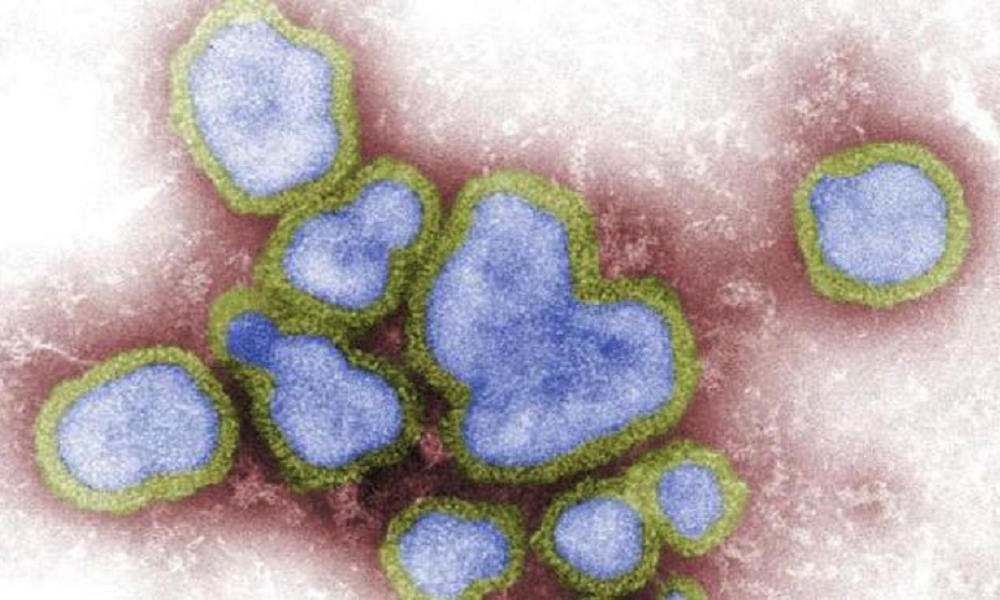World
China reports another death from H5N6 bird flu

Two more people in mainland China, including a man who died, have tested positive for H5N6 bird flu, health officials announced on late Thursday. A rise in isolated cases has worried some researchers who have called for increased surveillance.
The Hong Kong Health Department said in a statement on Thursday that it was notified about two additional cases of H5N6 bird flu in mainland China, one of which occurred in the same city as the fatal case reported on Wednesday. There was no word from local officials.
The first of the two new cases involved a 55-year-old man from Guilin, a city in the Guangxi Zhuang Autonomous Region, who visited a live poultry market before developing symptoms on August 23. He was hospitalized on August 30 and remains in serious condition.
Another case was reported in the same city on Wednesday, when health officials confirmed the death of a 26-year-old woman who reported having contact with live poultry. She developed symptoms on August 14 but the case was not publicly reported until this week.
The second case on Thursday involved a 72-year-old man from Chongqing who developed symptoms on September 16 after contact with sick poultry, according to officials in Hong Kong, who are monitoring cases on the mainland. The man was hospitalized after three days and has since died.
Only 48 people have been infected with H5N6 bird flu since the first confirmed case in 2014, but a third of those have been reported during the last 2.5 months. Half of all cases were reported during the last year.
H5N6 bird flu is known to cause severe illness in humans of all ages and has killed more than half of those infected, according to WHO. There are no confirmed cases of human-to-human transmission but a 61-year-old woman who tested positive in July denied having contact with live poultry.
Earlier this month, a study published by China’s Center for Disease Control identified several mutations in two recent H5N6 cases.
“The increasing genetic diversity and geographical distribution of H5N6 pose a serious threat to the poultry industry and human health,” the researchers said. “The increasing trend of human infection with avian influenza virus has become an important public health issue that cannot be ignored.”
The World Health Organization (WHO) did not respond to requests for comment about the new cases.
“While recently-identified avian influenza viruses do not currently transmit easily from person to person, the ongoing circulation of these viruses in poultry is concerning, as these viruses cause severe disease in humans and have the potential to mutate to become more contagious between people,” WHO says on its website. “WHO’s Health Emergencies Programme therefore monitors human cases of avian influenza on an ongoing basis.”

-

 World1 day ago
World1 day agoU.S. and China report 3 more human cases of bird flu, UN calls for urgent action
-

 Politics7 days ago
Politics7 days agoU.S. Rep. Sheila Jackson Lee dead at 74
-

 Legal7 days ago
Legal7 days agoFlorida man arrested for threatening to kill Trump and Vance
-

 World1 week ago
World1 week ago7.4-magnitude earthquake hits northern Chile
-

 Legal5 days ago
Legal5 days agoAt least 19 people shot, 3 killed, outside Mississippi nightclub
-

 World1 week ago
World1 week agoCyanide found on tea cups after 6 people die at Bangkok hotel
-

 Legal7 days ago
Legal7 days agoTexas Amber Alert: 2 children last seen in Bastrop County
-

 Legal1 week ago
Legal1 week agoKansas Amber Alert: Jaxon Halley abducted in Kansas City



